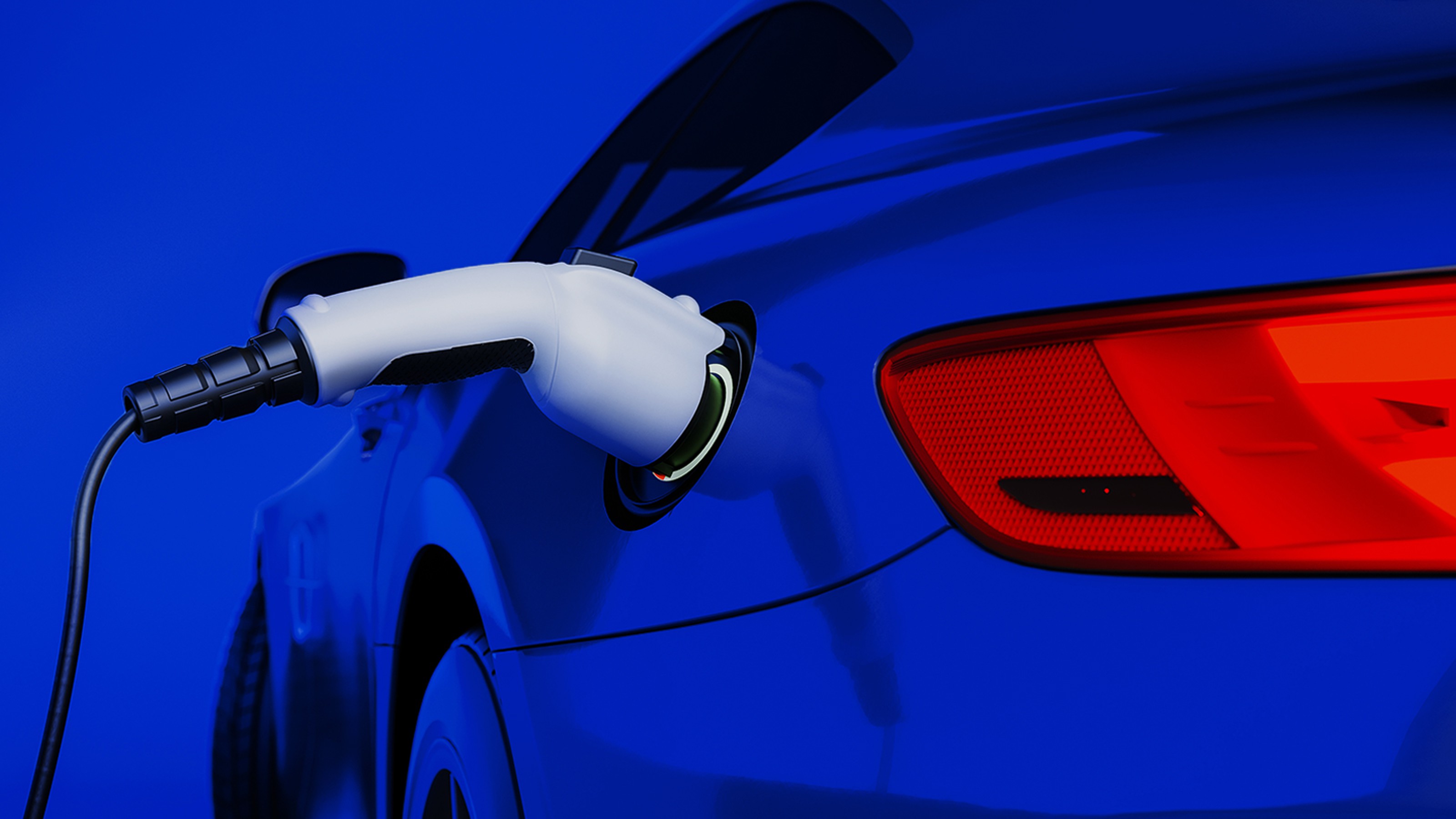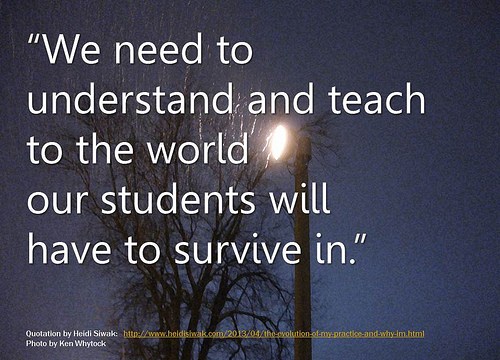Which Is More Energy-Efficient: A Smartphone Or A Refrigerator?

What’s the Latest Development?
A new paper commissioned by two US energy organizations and carrying the subtitle “Big Data, Big Networks, Big Infrastructure, and Big Power” evaluates energy demands of what it calls the world’s Information-Communications-Technologies (ICT) ecosystem. This includes everything from smartphones to data centers to all the things in the Internet of Things, and its current annual electricity consumption equals all the electricity used by Japan and Germany combined. While coal continues to supply most of this power, any cleaner fuel replacements coming in the next few decades will also need to generate much larger amounts in order to support the ICT ecosystem of the future.
What’s the Big Idea?
The paper opens with the following factoid: Watching just one hour’s worth of video on a smartphone or tablet each week uses up more total energy across remote networks than two new refrigerators use in a year. And while the world is “migrating towards one refrigerator per household, it also evolves towards several smartphones…per person.” Author and Digital Power Group CEO Mark Mills adds, “In order for worldwide ICT electric demand to merely double in a decade, unprecedented improvements in efficiency will be needed now.”
Photo Credit: Shutterstock.com





